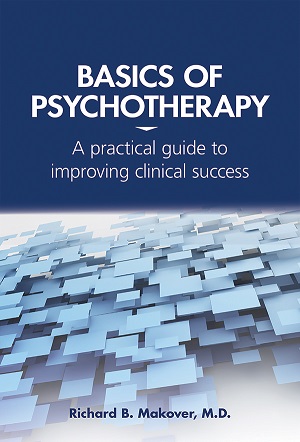Chapter 2.What Is Psychotherapy?
Sections
Excerpt
The answer to the question “What is psychotherapy?” usually includes some reference to “talk” and to “psychology” and perhaps to the idea of “analysis.” A dictionary might define it as the use of psychological methods to treat mental and emotional disorders. On the one hand, this simple definition leaves out any consideration of the complex relationship involved or the multitude of therapeutic variations. On the other hand, unnecessary complexity can obscure important aspects of psychotherapy that are simple and straightforward. It may not be possible to construct a definition that covers all of the different methodologies that lay claim to the “psychotherapy” title, but it is worthwhile to define the core qualities, the basic parts of any psychotherapeutic modality. In this chapter, I examine those generic features.
Access content
To read the fulltext, please use one of the options below to sign in or purchase access.- Personal login
- Institutional Login
- Sign in via OpenAthens
- Register for access
-
Please login/register if you wish to pair your device and check access availability.
Not a subscriber?
PsychiatryOnline subscription options offer access to the DSM-5 library, books, journals, CME, and patient resources. This all-in-one virtual library provides psychiatrists and mental health professionals with key resources for diagnosis, treatment, research, and professional development.
Need more help? PsychiatryOnline Customer Service may be reached by emailing [email protected] or by calling 800-368-5777 (in the U.S.) or 703-907-7322 (outside the U.S.).



